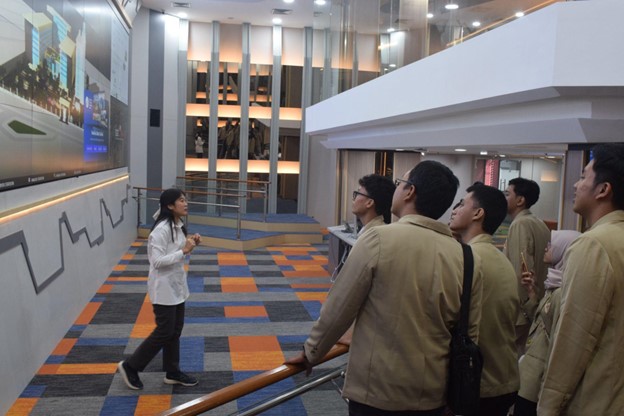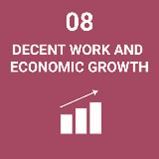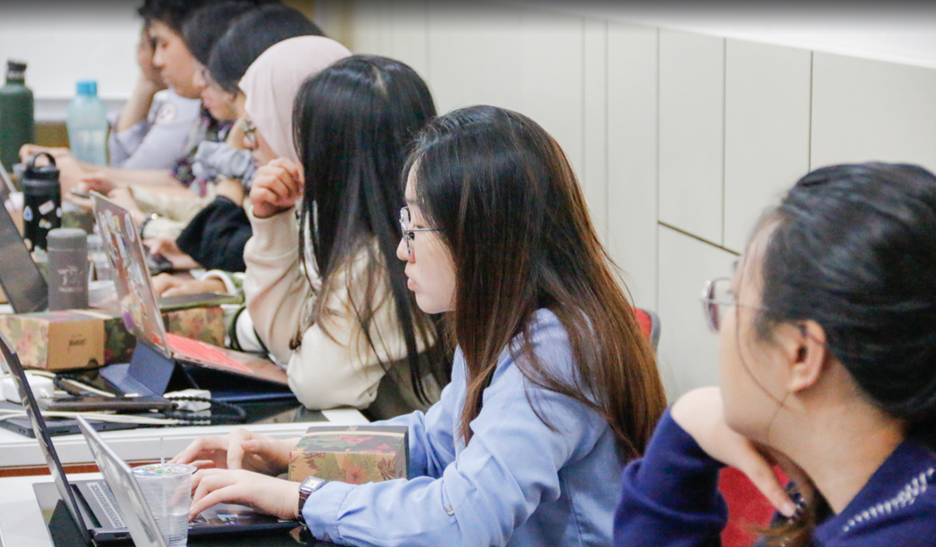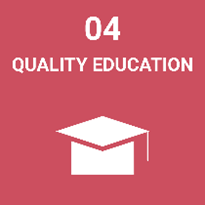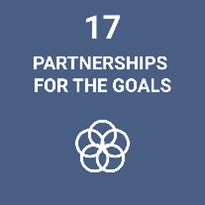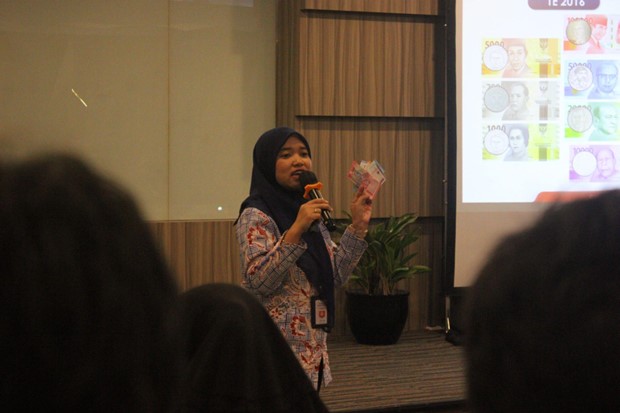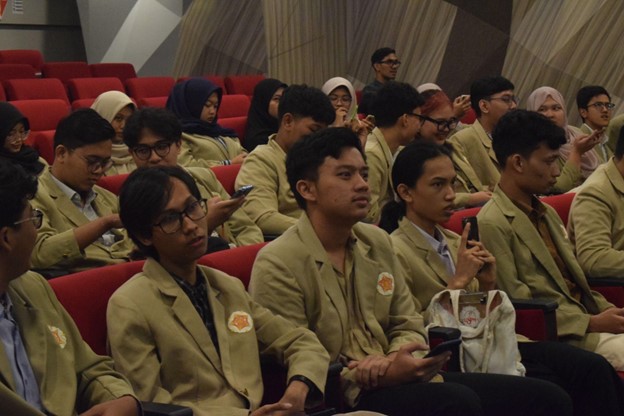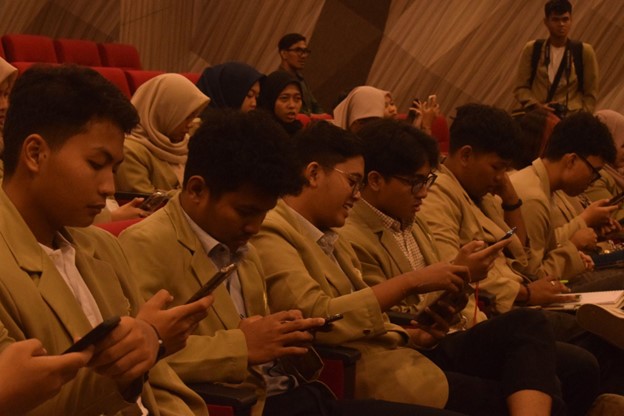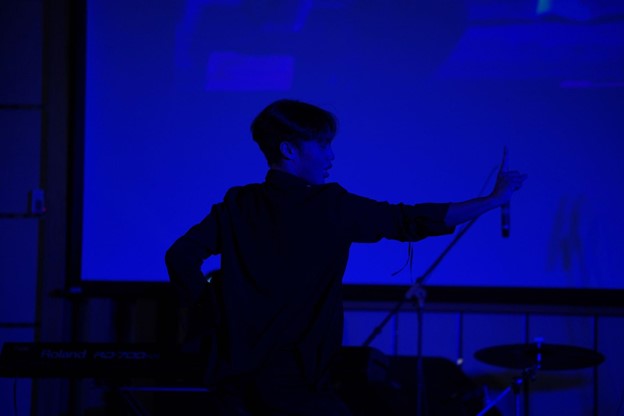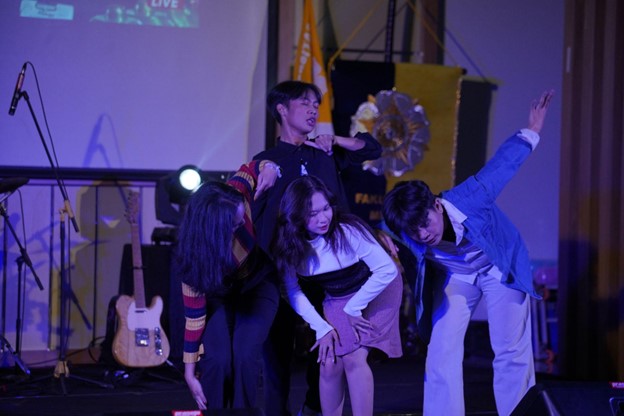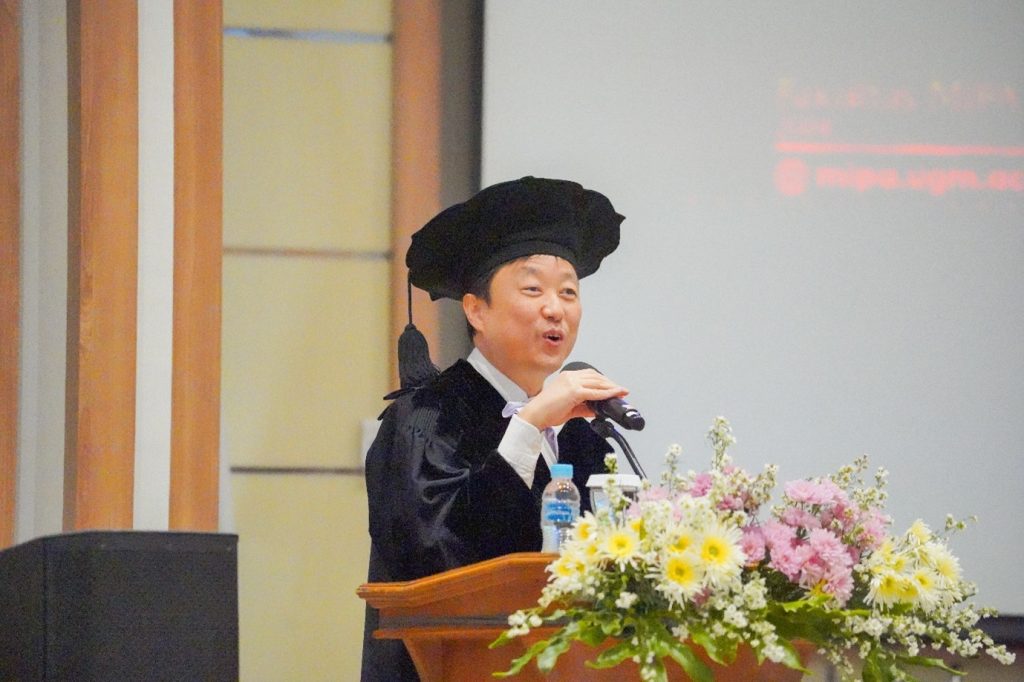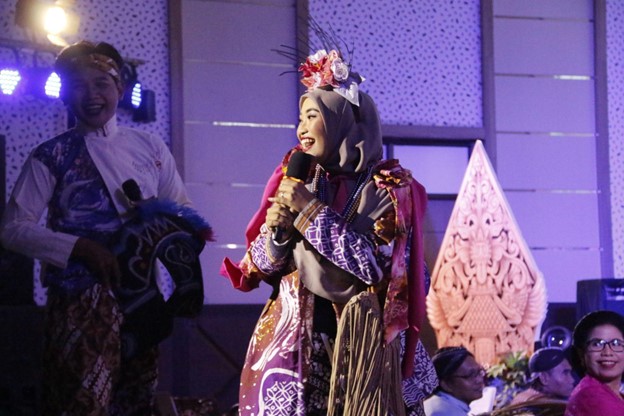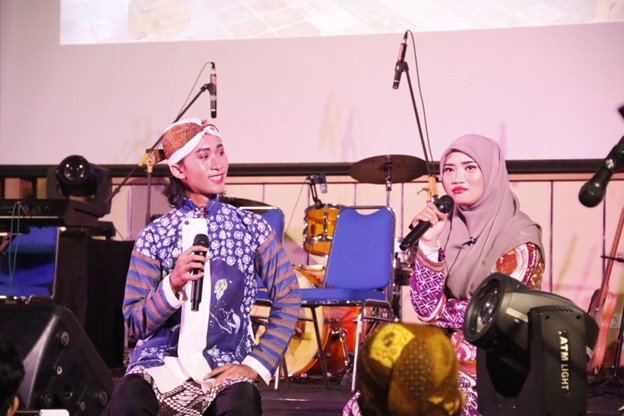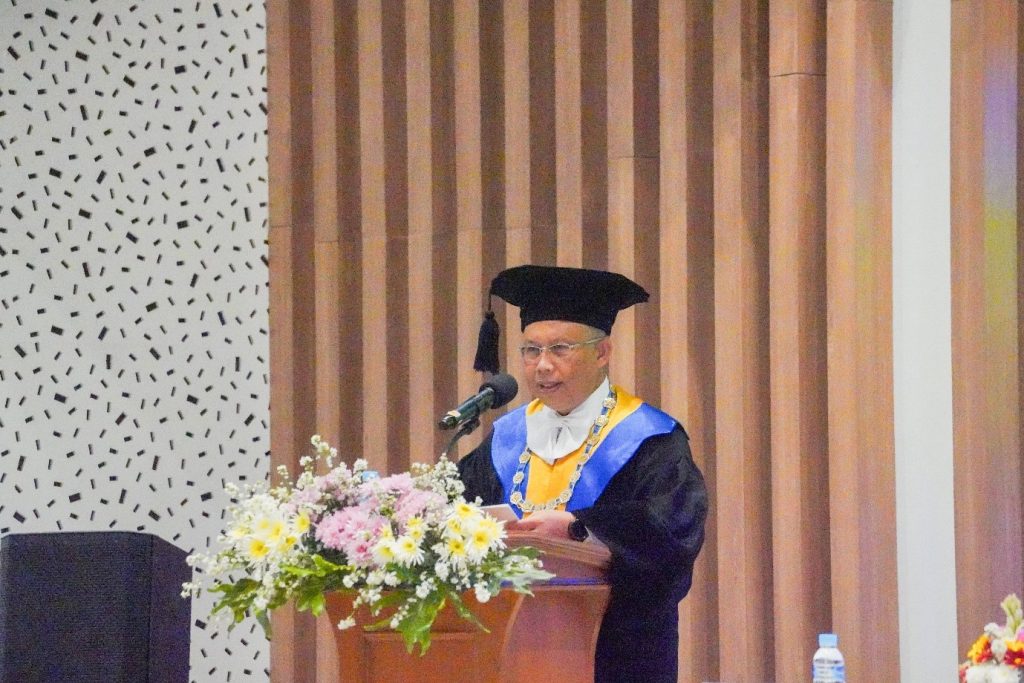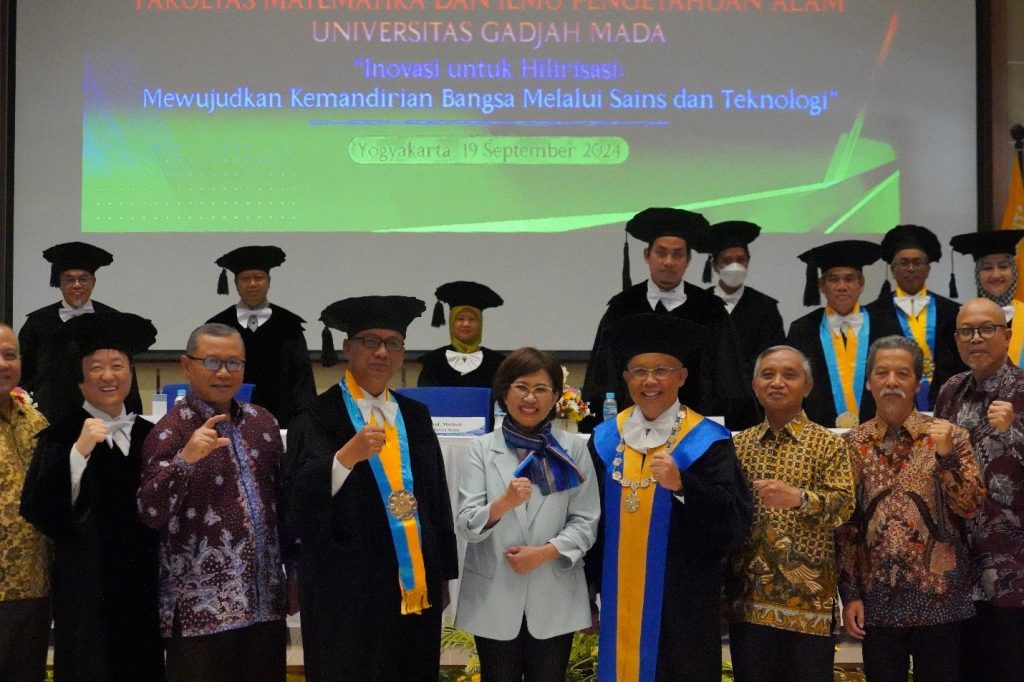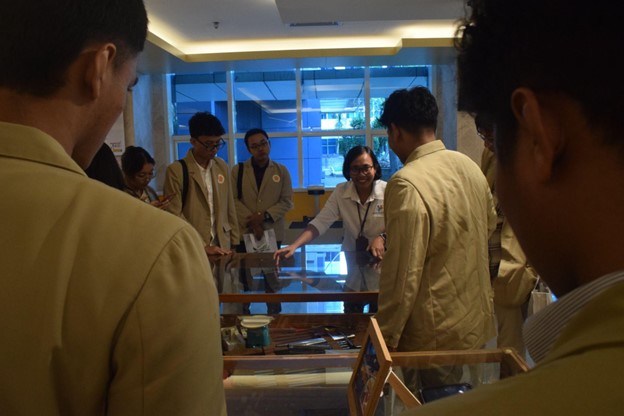
Menggali Ilmu di BPS Pusat, Himatika UGM Adakan Kunjungan Edukatif
Mahasiswa dari Program Studi Matematika Universitas Gadjah Mada (UGM) melakukan kunjungan ke Badan Pusat Statistik (BPS) di Kota Jakarta Pusat pada awal Agustus lalu. Kegiatan ini diselenggarakan oleh Himpunan Mahasiswa Matematika (Himatika) UGM melalui Departemen Jalinan Eksternal (Linear), dengan tujuan memperluas wawasan mahasiswa mengenai penerapan ilmu Matematika, khususnya Statistika, di dunia kerja nyata.
“Selain mendengarkan penjelasan mengenai BPS, kami juga diberikan kesempatan untuk tur keliling kantor,” papar Dhimas Gati Yogatama selaku Ketua Departemen Linear Himatika UGM. Saat sesi materi, para peserta mendengarkan penjelasan mengenai BPS maupun struktur dan tugas pokok serta fungsinya dengan seksama. Dhimas juga menambahkan bahwa selain mendengarkan penjelasan, para peserta juga diberikan kesempatan bertanya untuk memperdalam pemahaman.
Setelah penjelasan materi dan tanya jawab, para peserta diajak berkeliling kantor BPS untuk melihat fasilitas yang tersedia. Pemandu tur menjelaskan berbagai layanan BPS, termasuk perpustakaan dan cara mengakses data yang dimiliki BPS, yang sering digunakan oleh peneliti, akademisi, maupun pihak industri.
Kegiatan kunjungan mahasiswa Matematika UGM ke Badan Pusat Statistik menunjukkan penerapan SDGs poin 8, yaitu Pekerjaan Layak dan Pertumbuhan Ekonomi. Melalui kunjungan ini, mahasiswa tidak hanya memahami bagaimana data statistik mendukung pengambilan keputusan di berbagai sektor, tetapi juga memperoleh wawasan tentang peluang karier di bidang statistik dan data. Pemahaman ini diharapkan dapat mempersiapkan mereka menghadapi tantangan di dunia kerja serta berkontribusi pada pertumbuhan ekonomi yang lebih inklusif dan berkelanjutan di masa depan.
Penulis: Azzah Nurfatin
Dokumentasi: Panitia Constant 2024
Editor: Febriska Noor Fitriana
